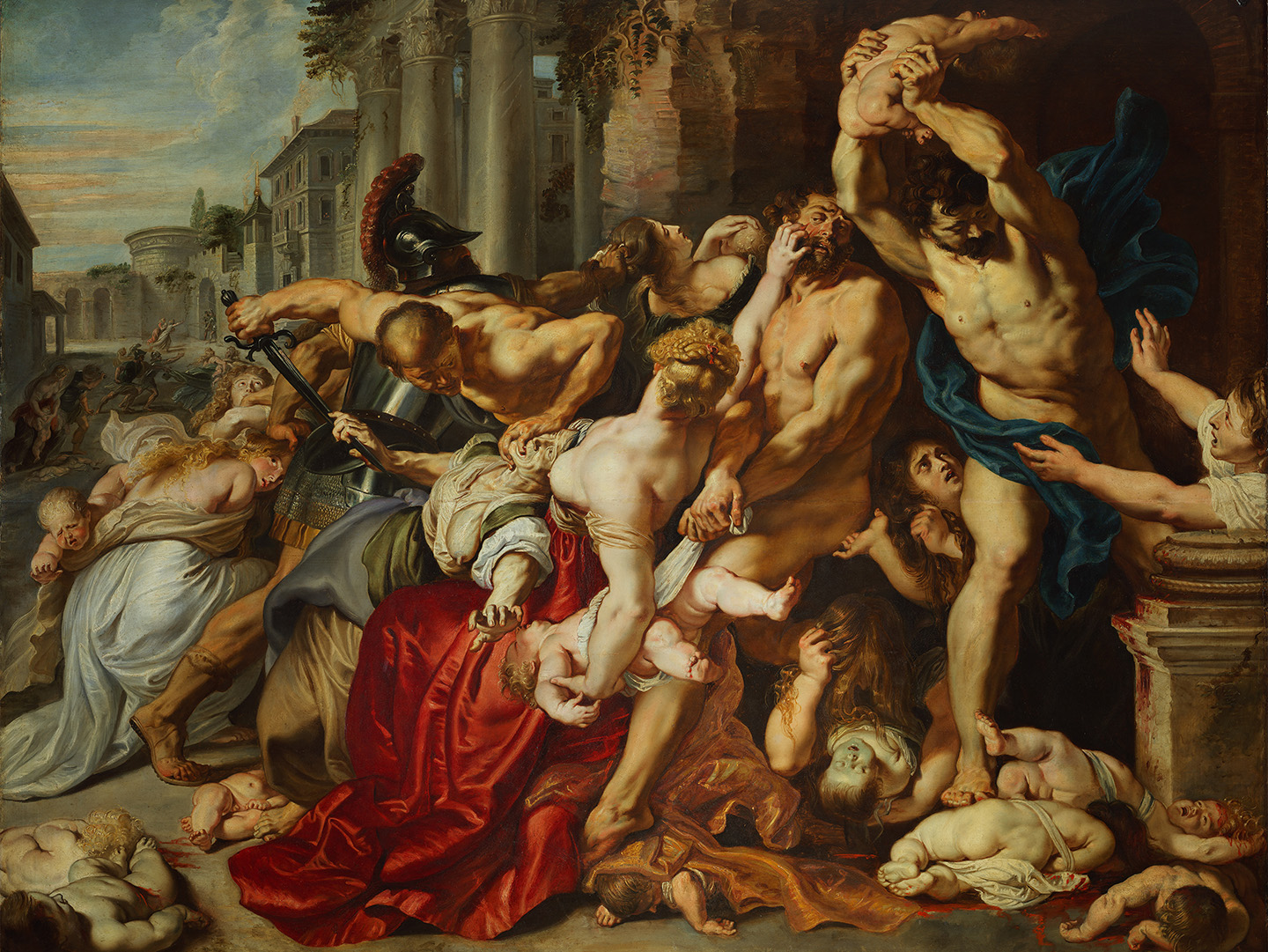
17
America’s Encounter with the Land
Following the climactic gunfight in the saloon at the end of the classic Western film Shane (1953), Shane rides alone into the mountains, into the virgin land, leaving behind the farmers he has…

Related: The Future of the Humanities Project
Launched in fall 2023, the Future of the Humanities Project is sponsoring a series of lectures on cultural encounters in collaboration with the Georgetown Humanities Initiative and Blackfriars Hall, Oxford.
In a world increasingly divided along national, religious, and cultural lines, Pope Francis has called for a "culture of encounter" that promotes communication and builds trust while acknowledging the inevitability of conflict. Cultural encounters that entail the recognition of others in their otherness are a contemporary imperative with a rich thematic history in literature and the humanities. This series will bring leading scholars together, across disciplines, to explore themes of encounter both in classic literary works and in contemporary cultural debates. The hour-long virtual events will include a Q&A with the audience. Following the launch event, all subsequent events will take place at 11:00 a.m. ET/4:00 p.m. UK.
Join our mailing list for the latest updates and events.

Following the climactic gunfight in the saloon at the end of the classic Western film Shane (1953), Shane rides alone into the mountains, into the virgin land, leaving behind the farmers he has…

The Massacre of the Innocents episode from the second chapter of the Gospel of Matthew has inspired numerous literary, visual, and musical adaptations across a range of continents and languages, from…

When Mary Beckett wrote Give Them Stones in 1987, the Troubles novel about conflict in Northern Ireland was already a well-established genre. However, the genre was known primarily for the work of…

The dominant voices in early Western encounters with Buddhism adapted the religion to their own purposes: romanticism, esotericism, an emphasis on scientific religion (at the cost of the history of…

Lucy Beckett’s A Postcard from the Volcano: A Novel of Pre-War Germany (2009) is a great intellectual novel situated in a time of massive of geopolitical changes. Set in what was then Germany and is…

Released in October 2020, at the height of the COVID-19 pandemic, the encyclical Fratelli Tutti ("Brothers and Sisters All") marked an important juncture in the development of Catholic social thought…